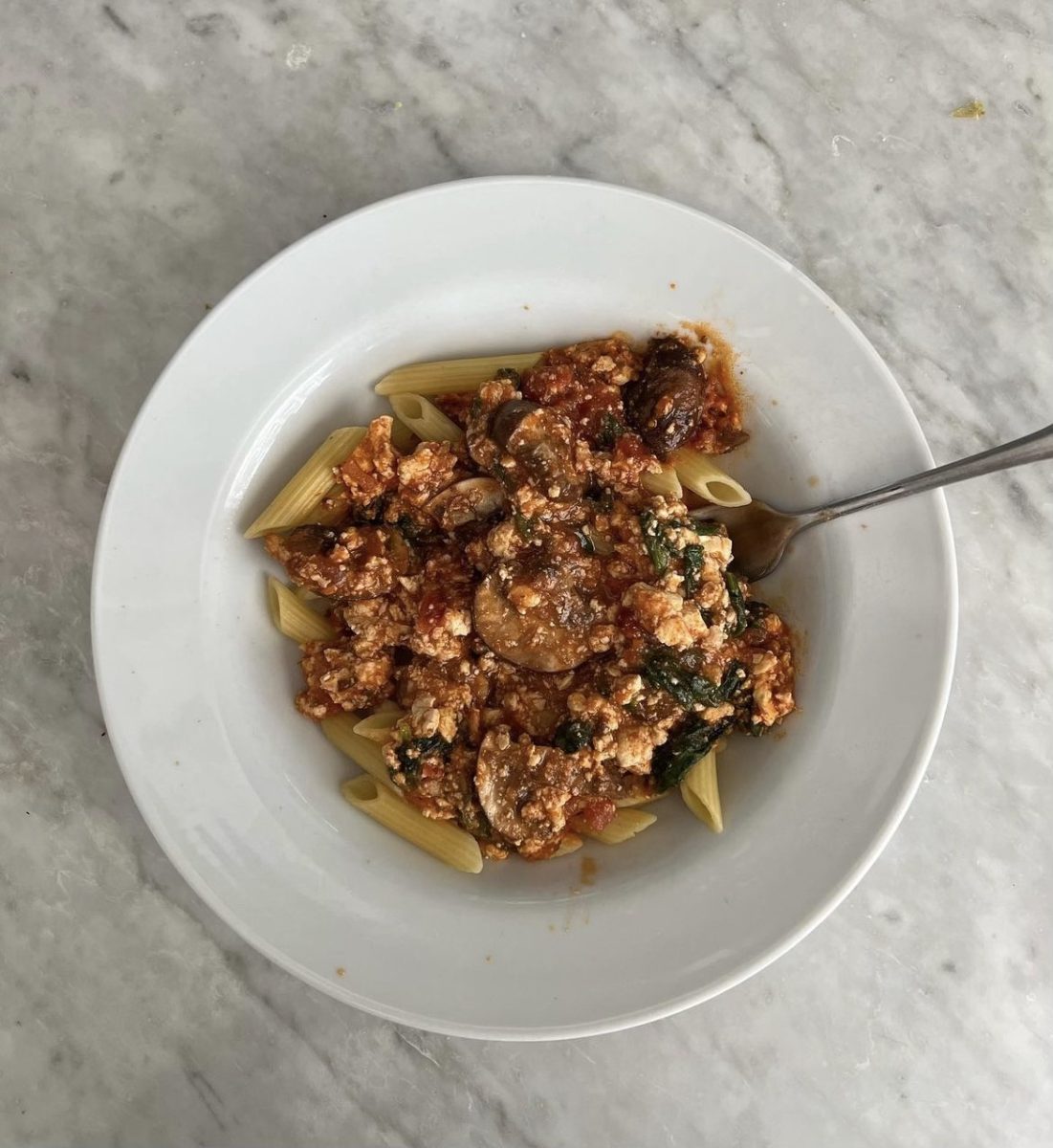It’s hard to walk through a grocery store without seeing a long line of cold-pressed juices on the shelves. Cold-pressed juices have become a trend and sub-culture in Los Angeles. The cold-pressed juice industry makes 3.4 billion dollars a year, according to Forbes Magazine, and most drinks are priced at ten dollars a bottle.
After being at Marlborough for little over a year, I’ve been more aware of its popularity, especially among my friends. Whether the cause being my ignorance to the trend, which began around 2013, or my personal preference to water, I’d never had a single sip before coming to Marlborough. Even after I came, the few times that I have had some after joining Marlborough, it has not been more than a mere sip or two, nowhere near a full bottle. I have always wondered what cold-pressed juice is, if it it’s healthy, and if lives up to the hype.
What is cold-pressed juice?
If you haven’t seen these juices on the shelves or in the pressed juiceries, let me give you a brief overview. Cold-pressed juices are made from organic ingredients and are advertised with health claims, such as that they “detox your body” or “rejuvenate skin”. Juice companies claim they are packed with nutrients and necessary vitamins. They are made from ingredients, varying combinations of vegetables, like kale, spinach, and lettuce, and fruits like oranges, apples, and bananas.
The real question, however, is: what really is pressed juice? According to The Huffington Post, this juice is made by pressing fruits and vegetables. The press extracts juice without using high heat, unlike pasteurized juices. The produce is then shredded and compressed between two plates at a high pressure, extracting as much juice as possible.
Is pressed juice healthy?
In terms of nutritional content, pressed juice is packed with vitamins and minerals The juices provide vitamins and minerals many people lack, like the vitamin B complex and vitamin C. The high nourishment in the drinks comes from pure vegetables and fruits, and because juices are not made on high heat, more of the healthful content is preserved.
However, these juices also have unhealthy components. Jennifer Haythe, assistant professor of medicine at Columbia University Medical Center, said to Fitness Magazine that cold-pressed juice has a high sugar content and leaves behind pulp, which contains fiber. Without fiber, she said, you could gain weight. This is because fiber gives you a full sensation and the absence of it makes you still hungary. Dr. Haythe’s recommendation is to choose leafy green juices, which could include ingredients like spinach, kale and arugula.
The juices
I tried four different cold-pressed juices from the brand Evolution Fresh, which is sold in local grocery stores like Whole Foods and Bristol Farms in LA.
The first juice I tried is Organic Defense Up, which contains oranges, pineapples, mangos, apples and acerolas. It did not taste much different than normal orange juice. It was initially very sweet, consistent with the fact that it contains 51g of sugar, however it also was a little sour. The sweetness balanced well with the sour taste, due to probably the mix of apples and pineapples.
The next juice I tried was Organic Essential Greens. It contains celery, cucumber, spinach, romaine kale, lime and parsley. My initial reaction was that it was very bitter. However, as I continued drinking the juice, I realized that it was surprisingly sweet. The juice contains 12g of sugar, relatively low compared to the rest, and was also the lowest in calories (70g).
I then tried Organic Strawberry Lemonade. This one tasted exactly like any other lemonade. The juice had 46g of sugar, of with 41g were added (the only drink of the four with added sugars). It had a very sweet taste, and after tasting the drink, I was pleased with the drink.
The last juice I tried was Organic Fruit Greens. Of all of them, this was my least favorite. However, it was one of the healthier options of the four. Containing oranges, mangos, pineapples, cucumbers, spinach, romaine lettuce and kale, the drink is packed with essential vitamins. For me, the drink was too bitter and had an unpleasant, thick consistency. After drinking more, I became more accustomed to the taste, but out of the four, it felt the most filling.
Result: Are cold-pressed juices good? For the most part, yes. Are they refreshing? Sure. Are they healthy? Eh. It depends. Are they worth ten dollars a bottle? Probably not. Despite tasting good and being refreshing, the juice is too pricey for a drink that is not even very healthy. I may drink one on occasion, but I’ll probably stick to my water.




